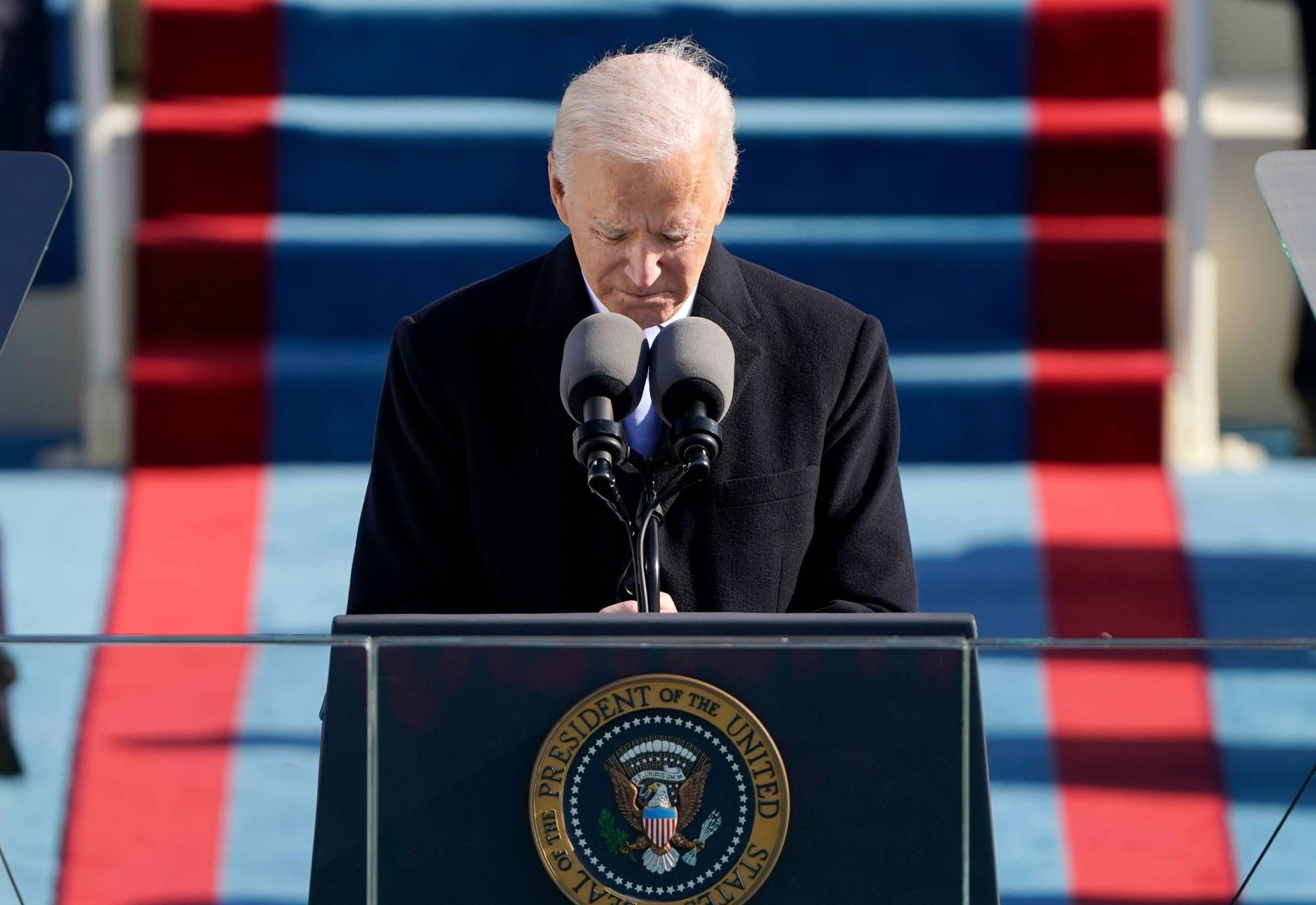At noon on Jan. 20 in Washington, Joseph Robinette Biden, Jr. was inaugurated as the 46th president of the United States. He takes office at a perilous moment. His country is divided as only once before in its history — when it erupted in a true civil war.
His election win remains contested among substantial parts of the population; and U.S. standing and status in the world face unprecedented challenges. Yet, remarkably, Biden was elected because he presented himself as ordinary and normal, a safe harbor from the exceptionalism of his predecessor — who proclaimed exactly four years ago after a grim diagnosis of his country that “only I can fix it” — and the more extreme options of the left within his party.
Biden has promised an aggressive and activist agenda for his first ten days, with actions of both domestic and international import; his priority is attending to his nation’s ills. That is as he should. He must restore confidence in government, try to bridge the yawning chasm between his supporters and those of his predecessor, Donald Trump, and make progress fighting the COVID-19 outbreak and countering its economic impacts. They are interrelated, and they will take years.


















With your current subscription plan you can comment on stories. However, before writing your first comment, please create a display name in the Profile section of your subscriber account page.